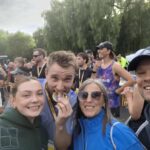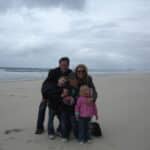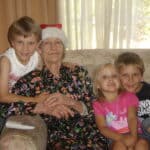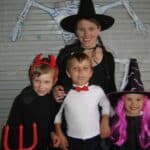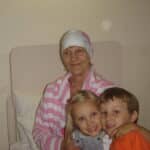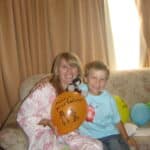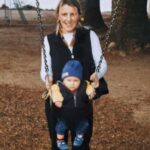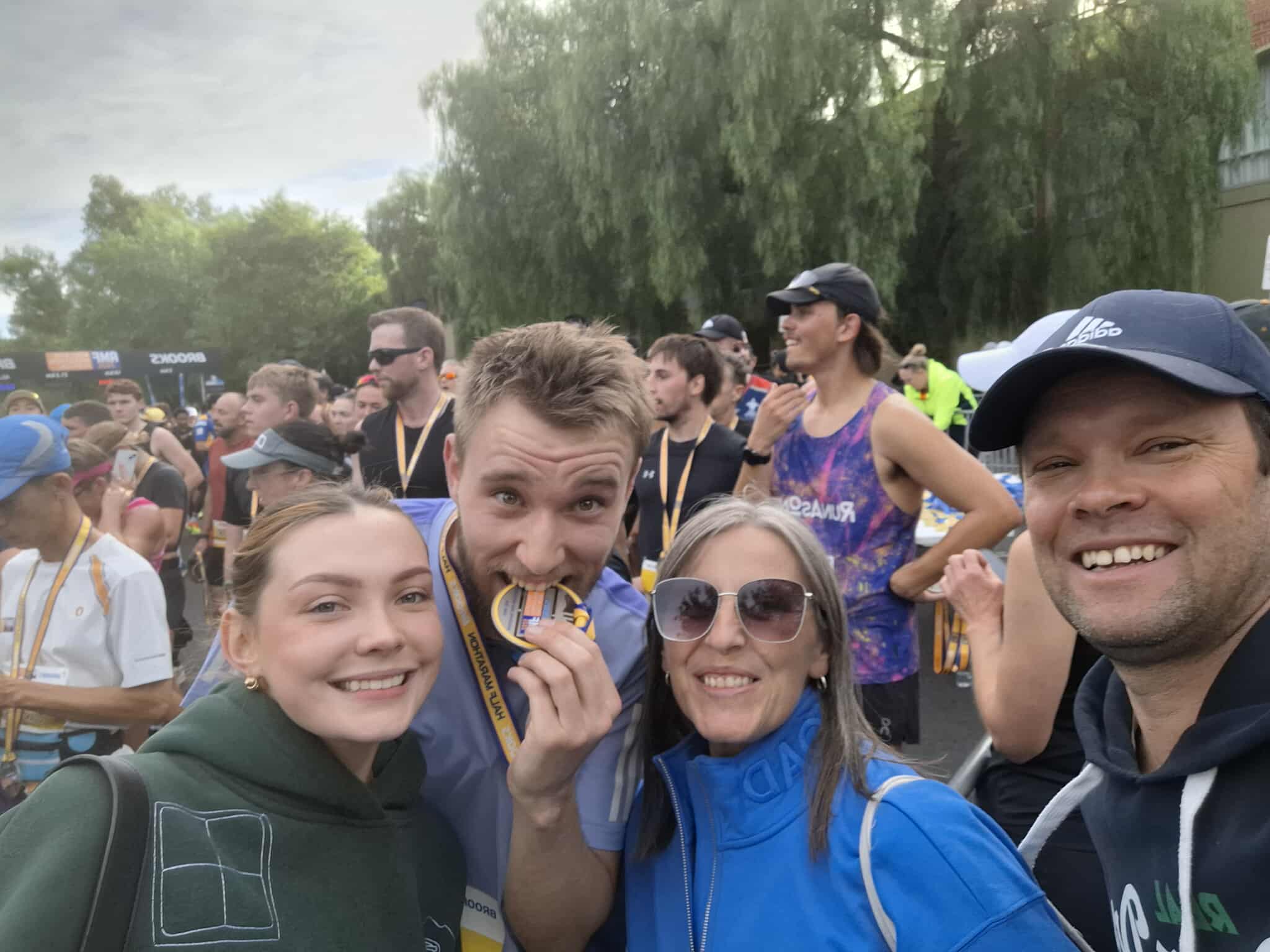
“Will’s Journey: Turning Personal Trials into a Marathon of Hope for Cancer Research”
Every step taken in the fight against rare diseases is a step toward hope—and for one brave runner, that journey is deeply personal.
In this powerful story, shared during Huntington’s Disease Awareness Month, Will reflects on his family’s multigenerational experience with Huntington’s disease (HD)—a rare, inherited condition that gradually takes away movement, memory, and independence. It’s a story of love, loss, strength, and determination in the face of an incurable illness that has shaped—and shaken—the lives of their mother, grandmother, and extended family.
Now, he’s channeling that experience into purpose by fundraising for the Harry Perkins Institute of Medical Research as he trains for the 2025 Melbourne Marathon.
This is his story; a heartfelt call to action and a reminder that behind every diagnosis is a family fighting for a better future.
________________________________
________________________________________________________________________________
Huntington’s disease (HD) is a rare, inherited neurodegenerative disorder that slowly strips away a person’s ability to move, think, and feel. It’s caused by a mutation in the HTT gene, and symptoms usually begin between the ages of 30 and 50—though children can be affected too, in what’s known as juvenile HD. There is currently no cure.
For me, HD isn’t just a diagnosis; it’s part of my family’s legacy.
We first suspected something was wrong when my Nanna’s health began to decline rapidly. Her memory faded, her movements changed, and we began to lose pieces of the woman we loved. Looking back, the signs were there long before my time. My great-grandmother had shown symptoms too, but the family dismissed them at the time, believing they were simply due to “ulcers on her legs.” In truth, it was something much deeper. Unknowingly, Huntington’s had already taken root in our family, passed silently from one generation to the next.
It was my mum who first questioned what was really happening with Nanna. Her GP had dismissed the symptoms as arthritis, but Mum wasn’t convinced. She took Nanna to her own doctor – someone who listened – and that’s when we got the truth: Nanna tested positive for Huntington’s disease. Not long after, Mum and her siblings were tested too. Four of the five tested positive. Armed with that knowledge, Mum spent the next 15 years fighting Huntington’s the only way she could – by caring for her mum every single day, even as she began to see the same signs in herself. My mum has the highest CAG count – which means the most aggressive progression of the disease.
Watching my mum face the same illness she helped her own mother fight is one of the most painful things I’ve ever witnessed. As a child, I saw Huntington’s take everything from my Nanna – her ability to walk, speak, even feed herself. I was 13 when she passed. On her final day, she turned to my mum and me and asked for a biscuit and a coffee. In that brief moment, we saw her again – the person we loved. Those would be the last words she ever spoke to us.
Two years later, in a science class, I learned how Huntington’s works—how a child of a parent with HD has a 50% chance of inheriting the gene. I went home terrified and asked my mum if I should be worried. She told me not to be, but not long after, our family learned that most of Nanna’s children had the gene. And now, we live with the knowledge that at least one of her grandchildren—possibly one of us—might, too.
Recently, I came across an article from the Harry Perkins Institute of Medical Research, a leader in genetic disease research. Their work not only drives scientific breakthroughs but also shares the real, human stories behind rare conditions – stories that remind families like mine that we’re not alone.
One that stayed with me was about Lauren McDermott, who was just 16 when she found out her dad had Huntington’s. The next day, her biology exam asked: “If one parent has Huntington’s disease and the other doesn’t, what is the chance their child will inherit it?” Just like me, Lauren’s world was ripped wide open.
She lived with that uncertainty for years. Before starting a family, she finally chose to undergo genetic testing – and found out she hadn’t inherited the gene. In 2022, she gave birth to her son, a future she once feared might not be possible.
Stories like Lauren’s highlight the power of research, early testing, and the strength that comes from sharing our experiences. They’re reminders that Huntington’s may be rare – but its impact is deeply felt by entire families, not just those who carry the gene.
Ultimately, HD doesn’t just affect those who carry it. It affects everyone who loves them.
I see it in my mum’s tremors, memory loss, and the emotional shifts she’s only recently started showing. I see it in the strength she draws on daily – strength she shouldn’t have to find. I see it in our family, and the fear and hope we carry in equal measure.
That’s why I’m running.
This May – during Huntington’s Awareness Month – I’m sharing my story to raise awareness for Huntington’s disease and the millions affected by rare genetic conditions worldwide. In October, I’ll be running the Melbourne Marathon in honour of my mum, my Nanna, and the 400 million people living with rare diseases.
I’m fundraising for the Harry Perkins Institute, and for all Australian families impacted by HD, to help provide the research, care, and support they urgently need.
By supporting the Harry Perkins Institute, you’re helping to fund life-saving research, raise awareness, and give families affected by rare diseases a fighting chance. Together, we can accelerate breakthroughs – and help ensure no family has to face HD alone.
Even if HD one day takes my ability to walk or run, I will keep moving forward in every way I can – for my mum, for my family, and for everyone walking this road.
You are not alone.
The Harry Perkins Institue would like to thank Will for sharing his story.

